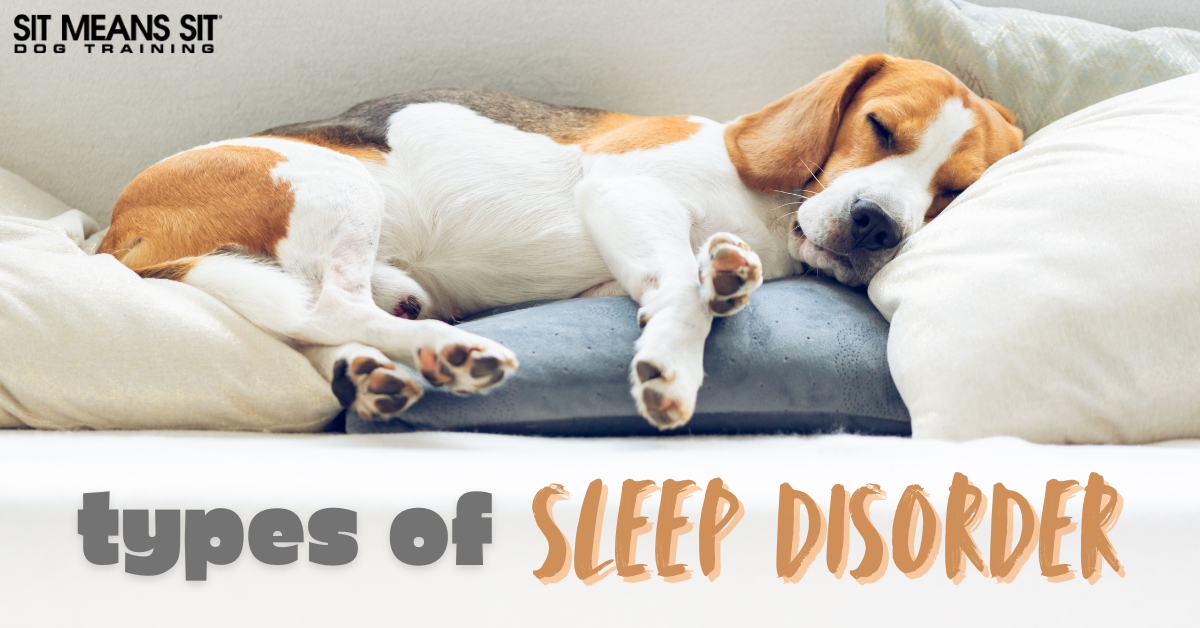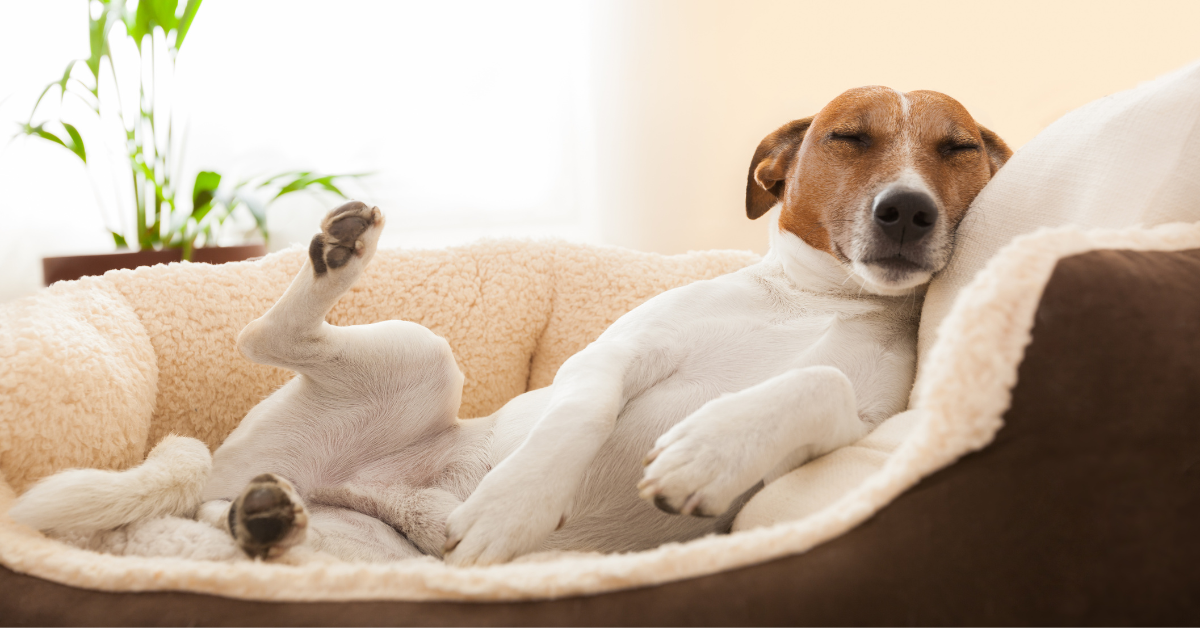
Types of Sleep Disorder in Dogs
Just like humans, dogs need quality sleep to stay healthy and happy! But sometimes, they may experience sleep disorders that can impact their well-being. Recognizing these issues early on makes a big difference in your dog’s overall health and quality of life. Here’s a look at common sleep disorders in pups and how you can help them get the restful sleep they deserve!
Canine Insomnia
Just like us, dogs can have trouble falling asleep! If your dog seems restless, has difficulty settling down, or wakes up frequently at night, they might have canine insomnia. This can be caused by stress, anxiety, or even discomfort in their sleeping environment. Ensuring a comfortable, quiet, and secure sleeping area helps your dog relax and get a good night’s sleep.
Sleep Apnea
Secondly, sleep apnea is a condition in dogs that causes pauses in breathing during sleep. This can lead to disrupted sleep patterns and daytime lethargy. If your dog snores loudly or seems to struggle with breathing while asleep, it’s a good idea to consult your vet. They can diagnose the issue and recommend treatments to improve your dog’s sleep quality!
Nighttime Restlessness
Restlessness at night, including pacing or whining, can signify various issues, from physical discomfort to behavioral concerns. If your dog is frequently restless or seems agitated at night, it’s worth investigating possible causes. Ensuring your dog has plenty of physical and mental stimulation during the day sometimes helps alleviate nighttime restlessness!
REM Behavior Disorder
In REM Behavior Disorder, dogs act out their dreams, often with movements or vocalizations! These can range from mild twitching to more intense movements. If your dog is noticeably active during sleep and it’s affecting its rest, a consultation with your vet can help determine the best course of action. Typically, this condition is less common but can be managed with proper care and attention.
Canine Narcolepsy
Finally, narcolepsy is a rare condition in which dogs experience sudden, uncontrollable episodes of sleepiness or sleep attacks. These episodes can cause them to fall asleep unexpectedly, even in the middle of an activity. If you notice your dog suddenly collapsing or falling asleep at inappropriate times, it’s essential to seek veterinary advice. While there’s no cure, your vet can guide you through managing the condition and ensuring your dog’s safety.
Helping Your Dog Sleep Soundly
To support your dog’s sleep health, maintain a consistent routine, provide a comfortable sleeping area, and ensure they receive regular exercise and mental stimulation! Address any potential stressors in their environment and consult with your vet if you notice any persistent sleep issues.
In conclusion, staying proactive and attentive to your dog’s sleep patterns can help them enjoy restful, restorative sleep. A well-rested dog is a happy, healthy dog, ready to face the day with energy and enthusiasm!

Check out these related dog blogs for more health tips!
Dealing with Your Puppy’s Runny Nose
